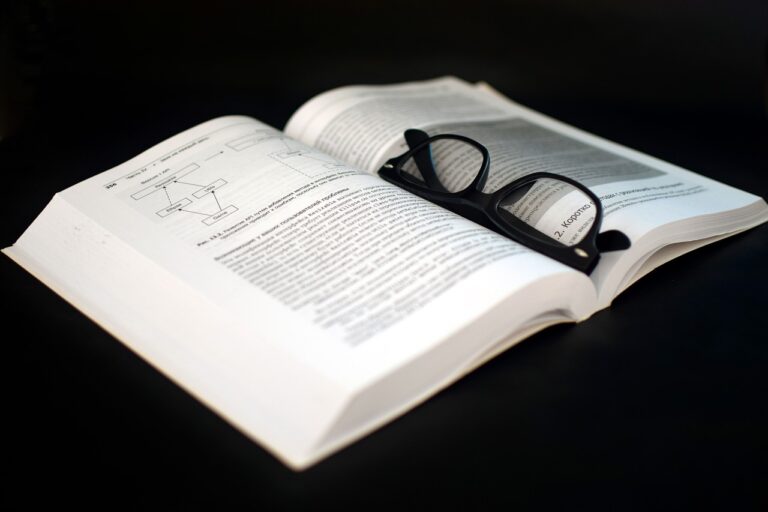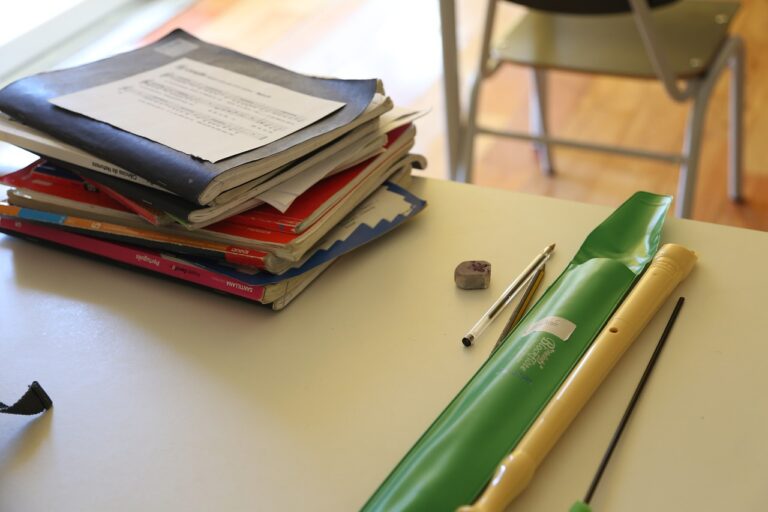Exploring the Role of Peer Assessment in Learning
Peer feedback in educational settings plays a crucial role in fostering a collaborative learning environment. When students provide feedback to their peers, they not only reinforce their own understanding of the subject matter but also help their classmates in identifying areas for improvement. This reciprocal process creates a supportive community where everyone is actively engaged in the learning process and gains valuable insights from their peers.
Moreover, peer feedback promotes the development of critical thinking and communication skills among students. By evaluating and providing constructive criticism on their peers’ work, students learn to analyze information effectively and communicate their ideas clearly. These skills are essential for academic success and are transferable to real-world situations, making peer feedback an invaluable tool for enhancing learning outcomes in educational settings.
Benefits of Peer Assessment in Enhancing Learning
Peer assessment plays a crucial role in enhancing learning by providing students with valuable perspectives from their peers. It encourages active engagement in the learning process and helps to foster a sense of community within the classroom. By receiving feedback from their peers, students have the opportunity to understand different viewpoints and improve their own work through constructive criticism.
Moreover, peer assessment promotes self-reflection and critical thinking skills among students. When students are given the responsibility to assess their peers’ work, they are challenged to think critically about the criteria for assessment and apply it to their own work as well. This process not only helps students to develop a deeper understanding of the subject matter but also enhances their ability to evaluate their own progress and set realistic goals for improvement.
What is peer assessment?
Peer assessment is when students provide feedback to their classmates on their work or performance in an educational setting.
Why is peer feedback important in educational settings?
Peer feedback allows students to learn from each other, promotes a sense of community and collaboration, and helps students develop critical thinking skills.
What are some benefits of peer assessment in enhancing learning?
Some benefits of peer assessment include promoting self-reflection, improving communication skills, providing different perspectives, and fostering a deeper understanding of the material.
How can peer assessment be implemented effectively in the classroom?
Peer assessment can be implemented effectively by providing clear guidelines and criteria for feedback, fostering a positive and supportive environment, and incorporating peer assessment into the overall assessment structure.
Are there any potential drawbacks to using peer assessment?
Some potential drawbacks of peer assessment include the possibility of biased feedback, issues with reliability and validity, and concerns about students’ ability to provide accurate evaluations. However, these can be mitigated through proper training and supervision.






